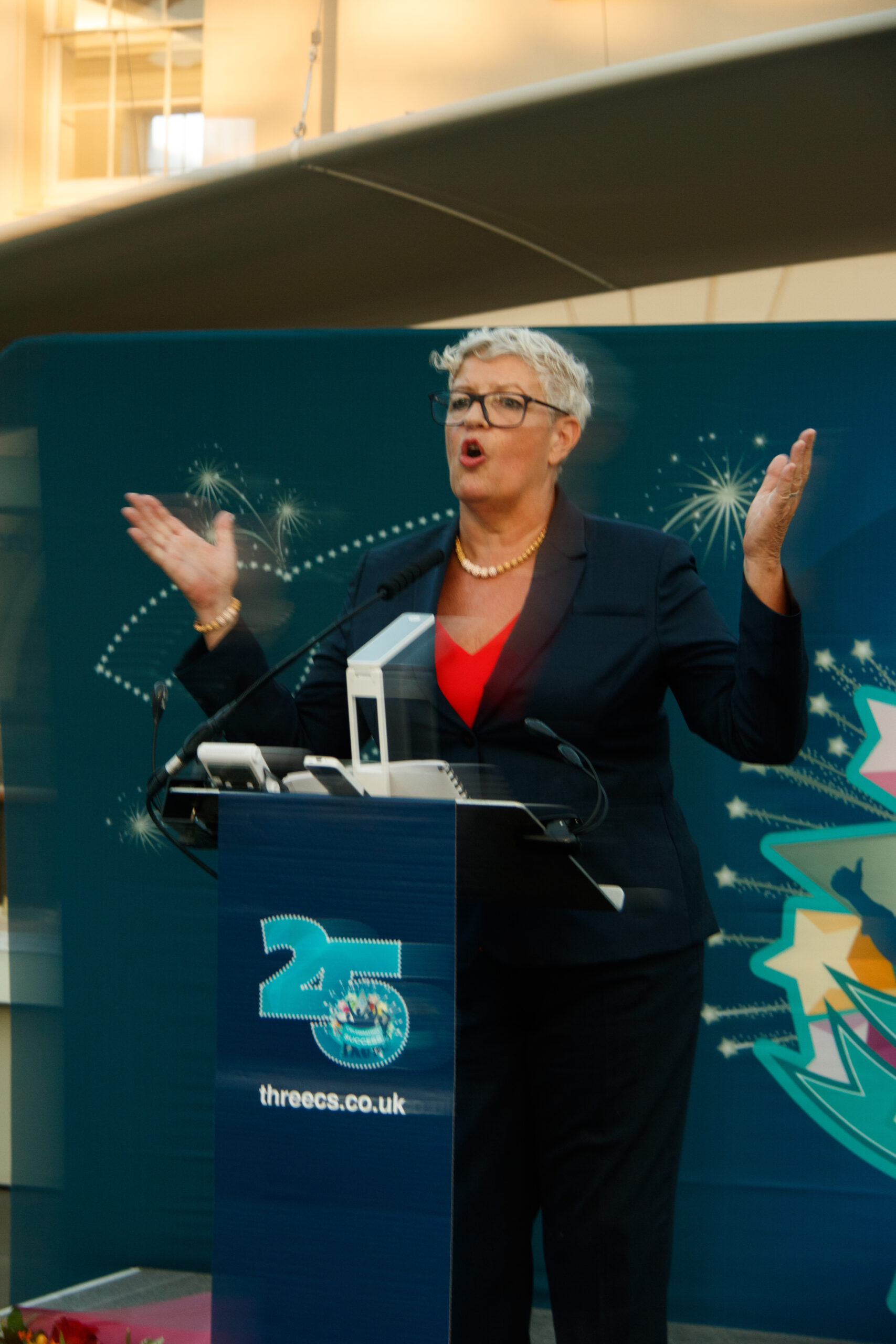I am gutted. Far from being able to look back and say with satisfaction “Look how far we have come”, I have just ended 37 years working alongside people with learning disabilities and autism amid a catastrophic national descent from progression and possibility to regression and reversal.
For the past 10 years, the UK has been pedalling backwards so fast on human rights and social inclusion that the strident hopefulness of Valuing People and Valuing People Now, which informed the start of my leadership at Three Cs and was the blueprint for transformational culture change, is now barely an echo. Fuelled by populism and rampant individualism, abetted by algorithms and big data analytics, progress has given way to a deficit of positive public policy and a surfeit of avoidable deaths and abuse scandals which, untackled, show high tolerance for systemic mistreatment of children, young people and adults with learning disabilities and autism.
To assuage my guilt at “how far we have not come”, I remind myself that culture is a deliberate act of leadership and the awfulness of the past decade was politically on purpose.
Subterfuge of austerity

If austerity was the strategic subterfuge for attacks on the most vulnerable, then 60% cuts to local authority funding and devastating welfare reform were its foot soldiers.
Inevitably, health and social inequalities were exposed and deepened by the Covid-19 crisis, leading to disproportionate deaths and erosion of rights under the Human Rights Act, the Care Act, the Mental Health Act and the Mental Capacity Act. At the terrifying height of the pandemic, we had no surgical masks and the NHS could not guarantee a service free from eugenics.
I cried when I wrote to paramedics warning them of legal action if they used the Clinical Frailty Scale or Down’s syndrome/autism labels to exclude people we supported from life-saving hospital treatment.
In contrast, my beginnings appear misleadingly rosy. I first worked alongside people with learning difficulties as a volunteer literacy tutor at Elfrida Rathbone in Islington back in the early 1980s. Speaking out and inclusion were in the organisation’s DNA – passion for equality and social justice were in mine. I took it for granted that people had a right to homes, relationships, skills, qualifications and jobs.
Elfrida sent me on a 12-week teaching course on computer-assisted learning. While most offices were still struggling with typewriters, Tipp-Ex and photocopiers, I was using a computer and a flatbed scanner to teach people with learning difficulties to read and write. It ignited a career-long interest in using innovation to push the boundaries for social inclusion. It was not all rosy, though – most people with learning disabilities were still institutionalised.
As my volunteering turned into paid work in schools, adult education and the voluntary and community sector, my personal life was being progressively battered by Thatcher’s Britain. My family was called “pretended” (the law at the time banned councils and schools from “promoting the teaching of the acceptability of homosexuality as a pretended family relationship”) and I was treated as an enemy of the state. Hatred was not confined to vile political rhetoric. Finding the bodies of two decapitated cats in our shed was a low point, as was an unprovoked violent racist and homophobic attack on my women’s football team in a Hackney pub.
At primary school, my son – later to be diagnosed with ADHD – was at risk of statementing and exclusion. Like a prowling lioness, I worked there as a primary helper, determined to scare them off and keep him in the mainstream. I roared. It worked.
Nearly 40 years later, he has a home, a family and has just achieved his ideal job. His progress sounds linear and inevitable. It wasn’t, it isn’t and it won’t be. This is true for anyone who is not neurotypical or who has intellectual disabilities or mental health challenges.
Brilliant over brutish
It is telling that, on my last day as chief executive at Three Cs, we published Less Than the Sum of the Parts, an out-and-out condemnation of the assessment and treatment unit and inpatient system for endemic human rights abuses.
It is also telling that I left behind an organisation and a sector which, at its brilliant best, has ducked and dived its way through brutish and bruising times with its integrity intact, protecting people from the worst harm and promoting and celebrating good, ordinary lives.
On my last day, people from 24 households dialled in to my Zoom farewell party and enjoyed afternoon tea and cake, dancing spontaneously online. Such a simple, ordinary thing would not have happened a decade ago. So I can say, even in adversity, how far we have come. In the end, progress on human rights is neither linear nor inevitable, and always against the odds. My tenure as an organisational leader has ended but my tenure as a human being has not. My personal and professional experiences have made me unapologetically fierce and combative.
Remember Desiderata’s “Avoid loud and aggressive persons, they are vexatious to the spirit”? Now, free to roar, I look forward to being unrestrainedly vexatious for some time to come.
Jo Clare retired as chief executive of support organisation Three Cs (www.threecs.co.uk) in 2020. She remains a member of the Community Living editorial board
